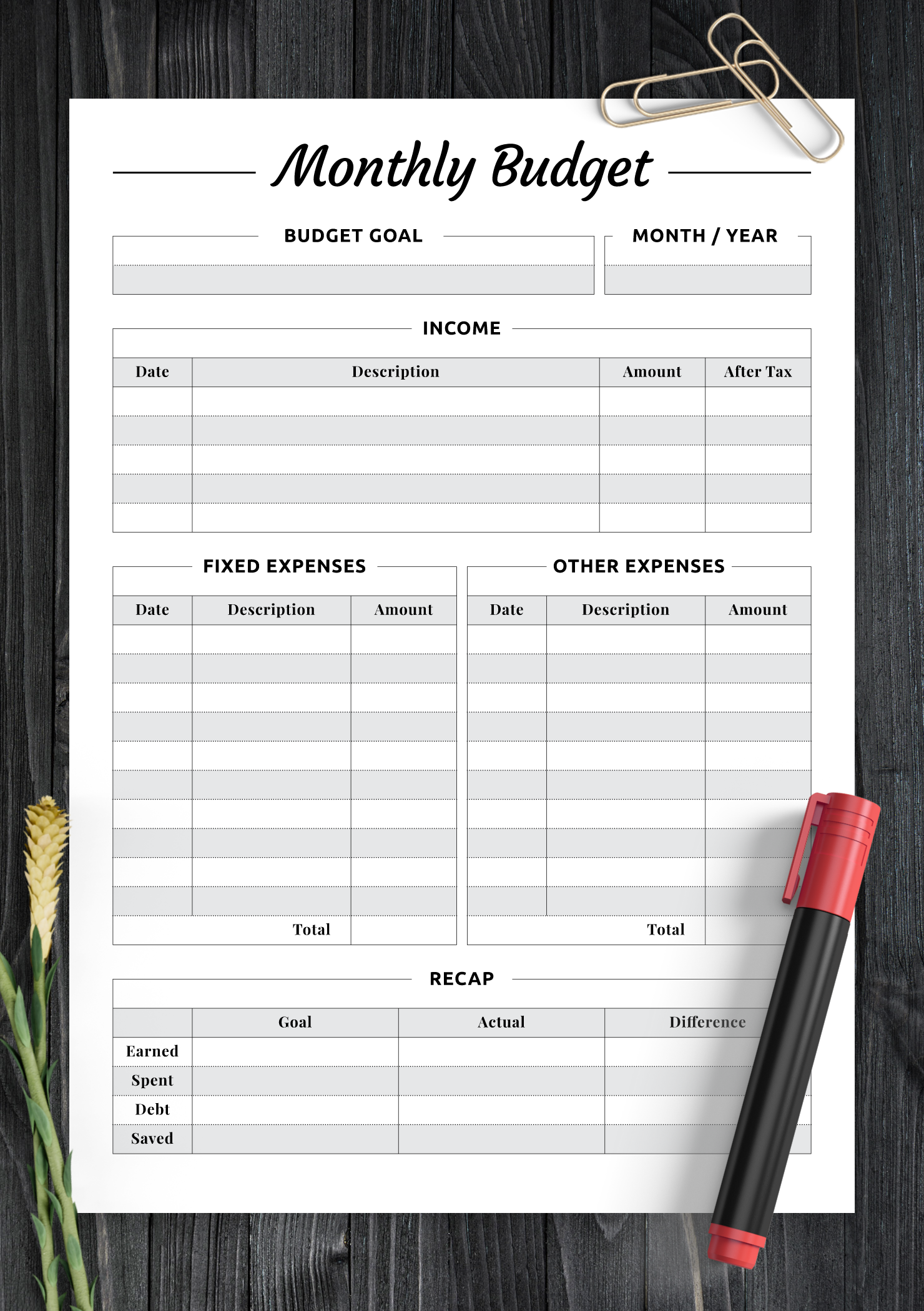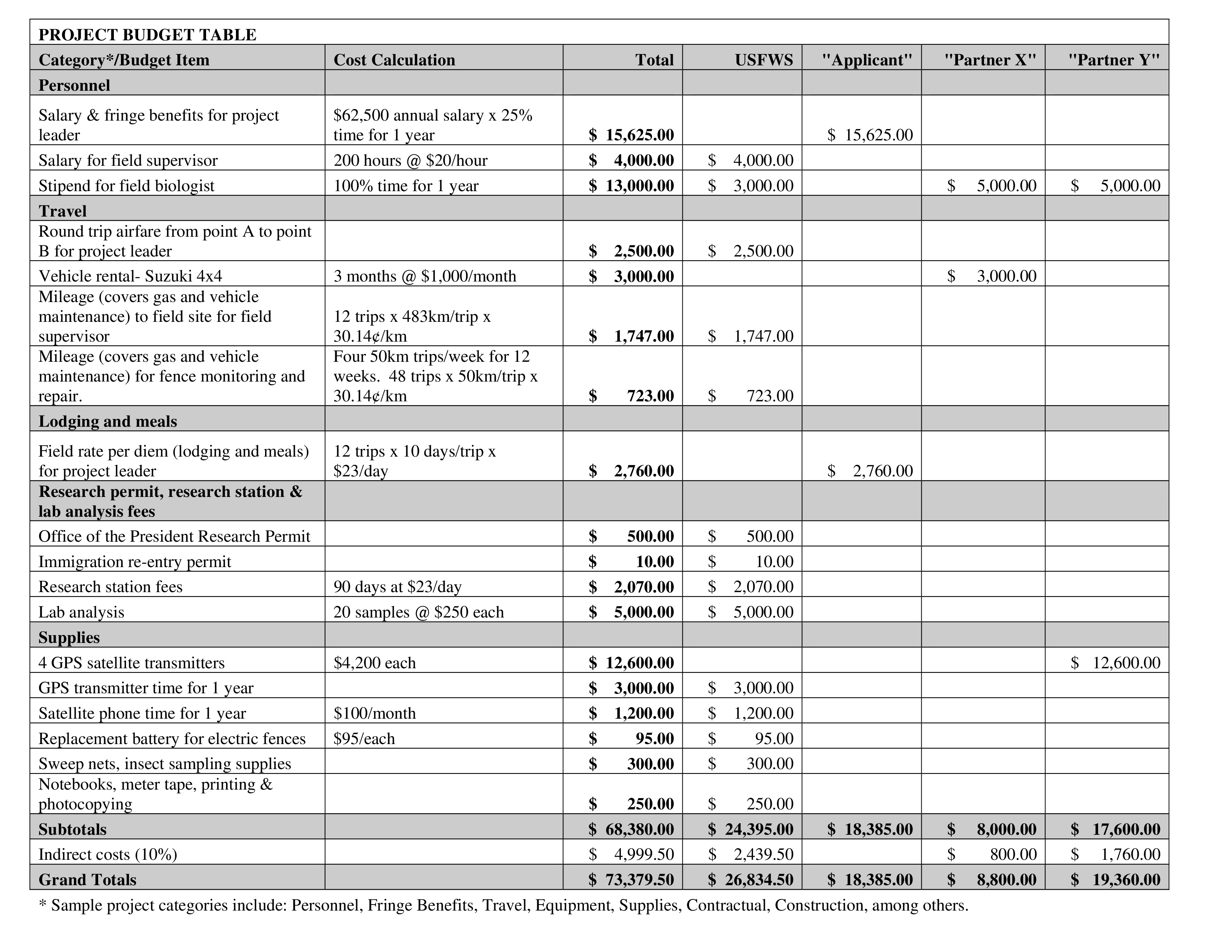

This helps businesses anticipate financial needs, manage risks, and navigate change. This can help uncover inefficiencies, unproductive assets, or underperforming departments, providing critical insights for decision-making.įuture Planning: Budgets aid in forecasting future financial conditions based on current data and historical trends. Performance Evaluation: Budgets serve as a benchmark against which actual performance can be evaluated. They help monitor expenses, identify unnecessary outlays, and keep the business on track toward its financial objectives.

Here's why:Ĭontrol: Budgets provide an organization with a control mechanism to ensure it doesn't spend more than it earns.

Over my years in the field, I've seen firsthand how critical a well-thought-out budget can be for a company's financial success. It's an essential tool that helps businesses anticipate financial needs, identify potential challenges, and develop strategies for long-term fiscal health. This plan, or budget, serves as a roadmap for managing income and expenses within the organization's financial capacity constraints. Defining Budgetary PlanningĪt its core, budgetary planning is the process of creating a detailed financial plan that outlines the inflows and outflows expected in a future period. In my decade-plus of experience in corporate finance and as a certified accountant, I've noticed one common thread among successful organizations: effective budgetary planning.īut what does this term really mean, and how can it be leveraged to improve an organization's financial health and stability? Let's explore.


 0 kommentar(er)
0 kommentar(er)
